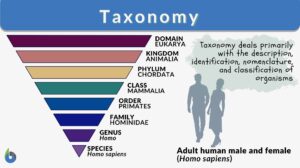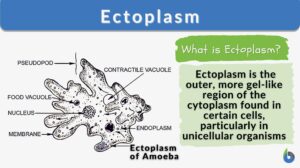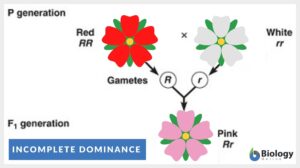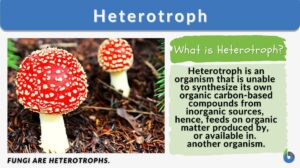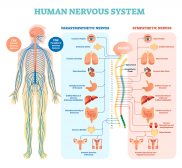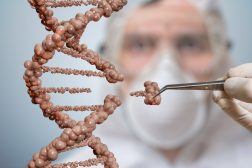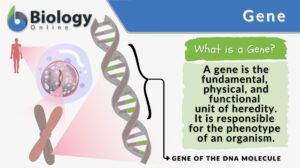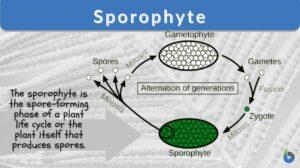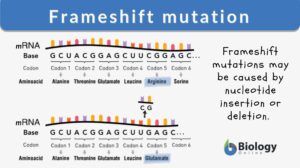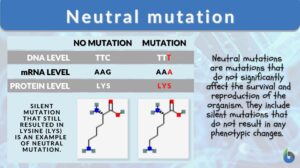Search Results for: vice
Vascular plants
Definition of Vascular plants The term 'vascular' is derived from the Latin word vāsculum, vās, meaning "a container and... Read More
Biorefineries – Industrial Processes and Products: Status Quo and Future Directions
Biorefineries - Industrial Processes and Products: Status Quo and Future Directions ... Read More
Facultative anaerobe
Facultative Anaerobe Definition What does facultative anaerobe mean? Facultative organisms are the most adaptable... Read More
Accommodation reflex
Definition noun, plural: accommodation reflexes A reflex reaction of the eye in response to focusing on near object followed... Read More
Hypotonic solution
Hypotonic Solution Definition What is a hypotonic solution? It refers to a solution that contains a lower amount of solute... Read More
Incomplete dominance
Incomplete Dominance Definition After Gregor Mendel discovered inheritance laws, the term ''incomplete dominance'' was... Read More
Redox reaction
Redox Reaction Definition What are redox reactions? This is a common term in chemistry and biology. In chemistry, a redox... Read More
Interspecific competition
Interspecific Competition Definition In Biology, competition is defined as the process that occurs among species that have... Read More
Wilcoxon rank-sum test
Definition noun A non-parametric test of two samples which support exclusively on the order of observations in which the two... Read More
Thyropharyngeus
Definition noun (anatomy) The superior muscle arising from the thyroid cartilage, and, together with cricopharyngeus,... Read More
Heterotroph
Heterotroph Definition What is a heterotroph? Does a heterotroph make its own food? In biology and ecology, a heterotroph... Read More
Growth and Plant Hormones
Growth All living organisms begin in the same form: as a single cell. That cell will divide and the resulting cells will... Read More
Protein Activity and Cellular Metabolism
Protein Binding Sites The ability of various molecules and ions to bind to specific sites on the protein surface forms the... Read More
The Human Nervous System
The nervous system is essentially a biological information highway, and is responsible for controlling all the biological... Read More
Abiotic and Biotic Factors
Abiotic factors are essentially non-living components that affect the living organisms of the freshwater community. When... Read More
Ecosystem Succession
Just one of the amazing aspects of life on Earth is that it spreads to all areas where the habitat will allow it to survive.... Read More
Genetic Engineering Advantages & Disadvantages
Through genetic engineering, scientists are able to move desirable genes from one plant or animal to another or... Read More
Reducing enzyme
reducing enzyme --> reductase (Science: enzyme) An enzyme that catalyses a reduction; since all enzymes catalyze... Read More
Glycolysis
What is Glycolysis and Why is it Important? Glycolysis is a metabolic pathway by which the 6-carbon molecule of glucose is... Read More
Electropositive
Electropositive 1. (Science: chemistry, physics) Of such a nature relatively to some other associated body or bodies, as to... Read More
Mechanical
mechanical 1. Pertaining to, governed by, or in accordance with, mechanics, or the laws of motion; pertaining to the... Read More
Sporophyte
Sporophyte Definition What is a sporophyte? Accordingly, the sporophyte is the plant generation that produces spores. To... Read More
Hyperosmotic
Hyperosmotic Definition What is hyperosmotic? The word hyperosmotic is derived from two Greek words: 'hyper', meaning... Read More
Reservoir host
Reservoir Host Definition A reservoir host is a host that harbors the pathogen and serves as a source of the infective... Read More
Sensitivity and specificity
Definition noun Statistical measures for assessing the results of diagnostics and screening tests wherein sensitivity... Read More
Frameshift mutation
Define Frameshift Mutation What is a frameshift mutation? In biology, insertions or deletions of nucleotides in the coding... Read More
Neutral mutation
Neutral Mutation Definition What is a neutral mutation? Neutral mutations are the alterations in the DNA that are... Read More
Sex Reversal – When Males Grew Ovaries Instead of Testes
Summary: Sex reversal is not unusual in some animals, especially in invertebrates. As for the vertebrates, there are... Read More
